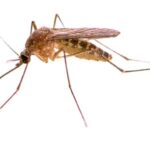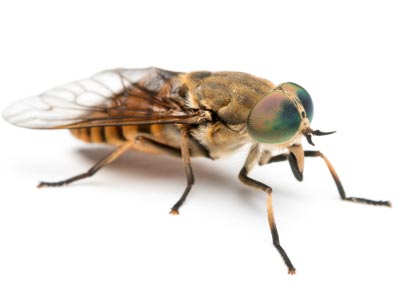Insect allergies such as mosquito, cockroach, and deer flies can be incredibly uncomfortable, severe, and they’re nearly impossible to avoid. For those with strong insect allergies, allergy drops may be an option.
Sublingual immunotherapy for insect allergies
Following the La Crosse Method Protocol, we can treat the cause of mosquito, deer fly, and cockroach allergy. We do not treat bee allergy or fire ant allergy using allergy drops.
Mosquito Allergy
 Many of us are familiar with what happens after being bitten by a mosquito — the itchy, small, raised bumps — but for those who are allergic, they can experience intense symptoms to the saliva that’s transferred during a bite such as:
Many of us are familiar with what happens after being bitten by a mosquito — the itchy, small, raised bumps — but for those who are allergic, they can experience intense symptoms to the saliva that’s transferred during a bite such as:
- Bruising near the bite
- Inflamed bump that is larger than a quarter
- Hives
- Fever
- Headache
For those who are severely allergic, an anaphylactic reaction is possible to mosquito bites.
Deer Fly Allergy
 Deer flies are small flying insects that can leave painful bites. Male deer flies feed on pollen, but female deer flies feed on the blood of humans and other mammals. For those who are allergic, they may experience strong symptoms like:
Deer flies are small flying insects that can leave painful bites. Male deer flies feed on pollen, but female deer flies feed on the blood of humans and other mammals. For those who are allergic, they may experience strong symptoms like:
- Body rash
- Wheezing
- Swelling around the eyes or lips
- Dizziness or weakness
- Extreme itching
- Burning that sometimes turns into blisters
Cockroach Allergy
 Cockroach allergy is similar to other environmental allergies in that body parts of cockroaches, dead cockroaches, their waste, and their saliva can all trigger allergies and asthma. When protein from these parts is inhaled, they cause typical environmental allergy symptoms such as:
Cockroach allergy is similar to other environmental allergies in that body parts of cockroaches, dead cockroaches, their waste, and their saliva can all trigger allergies and asthma. When protein from these parts is inhaled, they cause typical environmental allergy symptoms such as:
- Itchy and watery eyes
- Runny nose
- Cough
- Sneezing
- Aggravated asthma
Treating the cause of your insect allergy can add a layer of safety in case of being bitten, stung, or exposed to the offending insect. Sublingual immunotherapy teaches the body to not react to the exposure.
Request an Appointment
